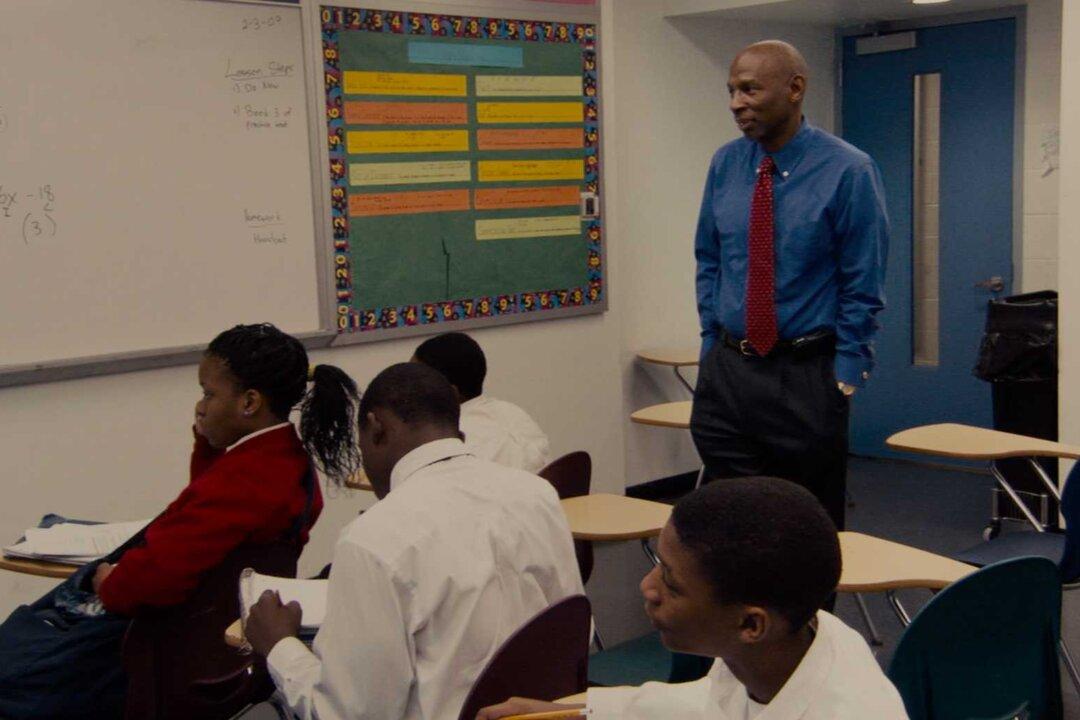NR | 1h 42m | Documentary, Education | 2010
At the beginning of “Waiting for ‘Superman,’” (“Superman”) co-writer, director, and narrator Davis Guggenheim drives by three Los Angeles public schools and points out that while he could enroll his own children in any one of them, he and his actress wife, Elisabeth Shue, will instead choose a private school.






